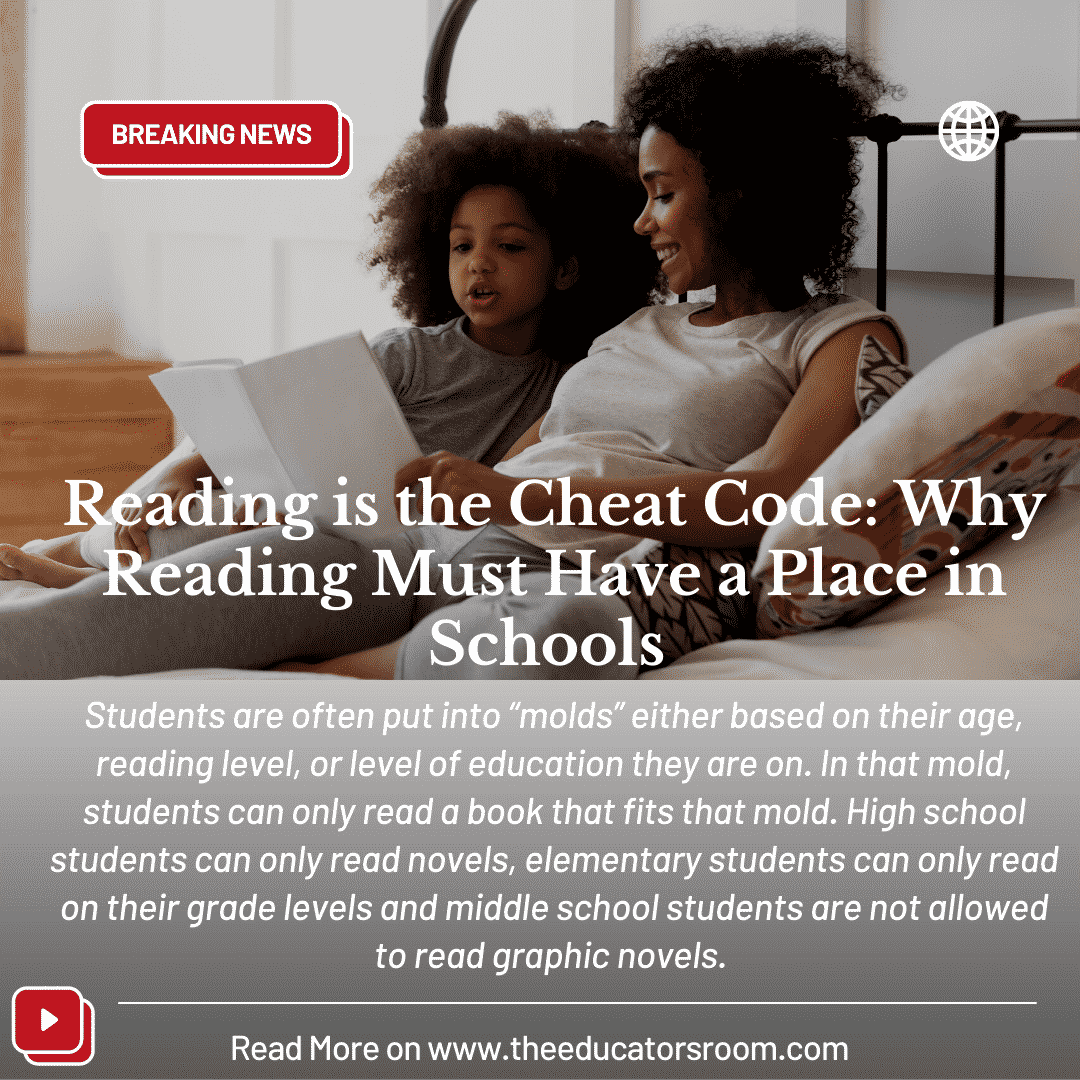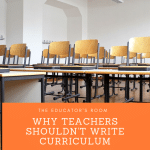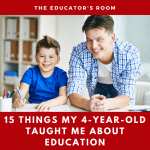 Jessica Fitzpatrick is a high school librarian in Houston and is in her eighth year of education. She holds a Bachelor of Science in elementary education from the University of Houston and a Master of Library and Information Science from the University of North Texas. She is the 2020 TLA Branding Award Winner for Community Engagement. Jessica is an active member of both ALA and TLA. She enjoys running, reading, and spending time with her two daughters and husband. You can follow her on Instagram at @librarian_fitz and on Twitter at @librarianfitz .
Jessica Fitzpatrick is a high school librarian in Houston and is in her eighth year of education. She holds a Bachelor of Science in elementary education from the University of Houston and a Master of Library and Information Science from the University of North Texas. She is the 2020 TLA Branding Award Winner for Community Engagement. Jessica is an active member of both ALA and TLA. She enjoys running, reading, and spending time with her two daughters and husband. You can follow her on Instagram at @librarian_fitz and on Twitter at @librarianfitz .I am coming up on the end of my third year as a librarian and ending my eighth year in education. While I have nowhere near the years’ experience as many of my fellow educators (or the teachers and librarians I worship on social media), I have noticed one glaring thing that stands out: there is still not a lot of freedom for students to choose what they read. Students are often put into “molds” either based on their age, reading level, or level of education they are on. In that mold, students can only read a book that fits that mold. High school students can only read novels, elementary students can only read on their grade levels and middle school students are not allowed to read graphic novels.
[bctt tweet=”I have noticed one glaring thing that stands out: there is still not a lot of freedom for students to choose what they read” username=””]
For years, I have witnessed others trying to only allow students to read a certain type of book that they feel a high school or middle school student should read or stop an elementary-aged student from reading a book because they felt that it was too high of a level for that student to read. Books are books regardless of if they are graphics novels, picture books, a Young Adult romance book, or the next great American novel. We as educators just want our students to read, as long as they have a book in their hands, they are reading! As long as they are reading, they are growing their literacy skills and growing that passion for reading. Does it really matter if a junior in high school is reading Diary of a Wimpy Kid or if a middle schooler is reading the graphic novel adaptation of Anne Frank? Our school and public libraries are full of books that are available and open for all our students to find their perfect book to read.
The library is more than just a brick and mortar building, it is the heart of the school and of the community. Students go to the library to illuminate their dreams, passions, and goals. That one special book that students pick out is the one special book that will help them on their journey to fulfilling their dreams. Nothing is better than seeing the delight and joy on a student’s face (regardless of their age or grade level) when they find a book that they love. It does not matter if the book the student is reading is four levels below or above their reading level, the joy, and delight on their face are real and contagious.
Libraries and books are what can help bridge the gap between students who don’t know what to read and those who want their next book to knock their socks off. Libraries are the safe space for students to come to find the book that their heart and mind need without judgment or fault. Utilize our amazing libraries and advocate for them. Often libraries (both public and school) are the first to feel budget cuts, which means fewer books in the hands of our students. When you utilize and advocate for both libraries and librarians, you are showing that libraries and literacy both matter. Libraries are often the places where students can find resources and answers for how they are feeling, whether it is with their identity, mental health, or with a future career choice. Libraries are a caring spot for students to find who they are and discover themselves and a new world through books. Students may be doing that discovery through books that do not fit the “mold” that has been assigned to them.
Literacy is the most important stepping stone in fulfilling the dreams of our students. We need to make sure that step is a step that is cared for and guided, not a step that admonishes their choices. We have to do a better job of just letting a student read what they want to read. I have witnessed students not being able to check out audiobooks or ebooks because they were told that audiobooks and ebooks are not real books but they are! Audiobooks and ebooks are both different kinds of media for students to access more literacy. eBooks are helpful for students who have visual impairments or who fear losing a book. Audiobooks are just overall amazing! Who doesn’t love being read to? Being read to is something you never grow out of. eBooks and Audiobooks help students who learn differently and show all students a new way to build understanding and comprehension.
Books and reading open doors for students, it shows students a new world or builds empathy for cultures and societies that are different from their own. While making time to read in class on all grade levels is a challenge, it is our responsibility as educators to beat that challenge. Our students need every opportunity and chance to read when it is available to nurture that sense of wonder and build their literacy skills. Every time a student picks up a book, they are picking up their potential to be fulfilled, to make all the possibilities and opportunities real for them. Literacy and reading are both twenty-first-century skills that every student, child, and adult need to be successful. Knowledge is very much so power and reading help create and harness that power, regardless of what they are reading.
A lifelong love of books and literacy is what all educators wish for our students, regardless of age, intellectual ability, socioeconomic status, or gender. As long as our students are reading, we are happy. In order for our students to read, we have to let them read what they want. Here is a reminder and a pep talk for all my fellow educators, just let the kids read.






